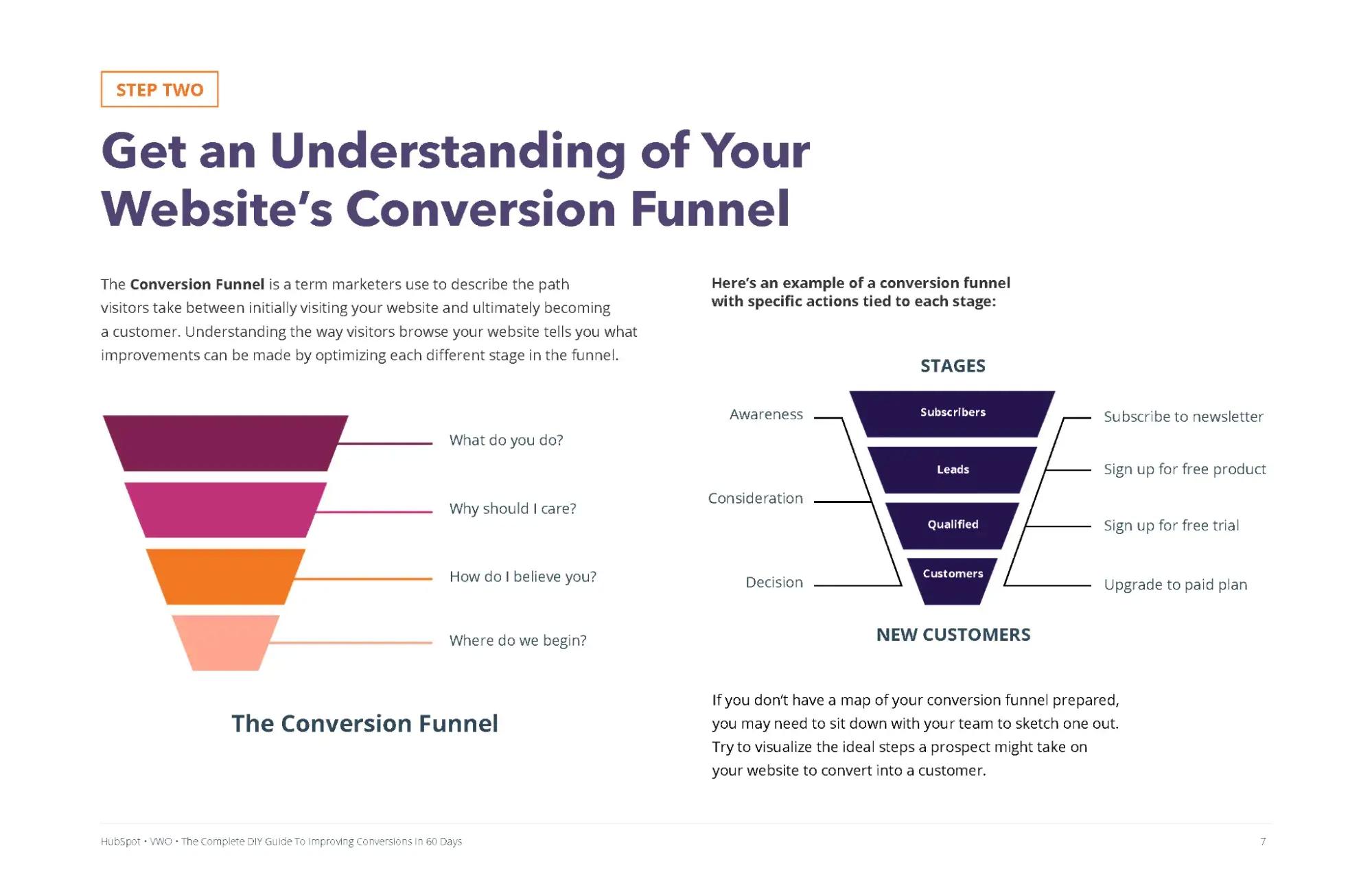In today’s digital landscape, where data is the lifeblood of marketing, understanding and adhering to data privacy regulations is no longer optional, it’s imperative. Two of the most influential regulations shaping the way businesses handle personal data are the General Data Protection Regulation (GDPR) and the Protection of Personal Information Act (POPIA). This comprehensive guide will delve into the intricacies of GDPR and POPIA compliance, providing marketers with actionable insights to navigate these regulations effectively and build trust with their audience.
 Woman smiling and holding a book
Woman smiling and holding a book
Understanding the Fundamentals of GDPR and POPIA
GDPR: A Global Benchmark for Data Protection
Enacted by the European Union (EU), the GDPR has become a global benchmark for data protection and privacy. It impacts any organization that processes the personal data of individuals residing in the EU, regardless of the organization’s physical location.
Here’s a breakdown of the key aspects of GDPR:
- Consent: Obtaining explicit and informed consent from individuals before collecting, processing, or storing their personal data is paramount. Consent must be freely given, specific, informed, and unambiguous.
- Right to Access: Individuals have the right to access their personal data held by an organization and understand how that data is being used.
- Data Portability: Individuals can request a copy of their data in a commonly used and machine-readable format, allowing them to easily transfer their data to another controller.
- Right to be Forgotten: This empowers individuals to request the deletion of their personal data under certain circumstances, such as when the data is no longer necessary for the original purpose it was collected for.
POPIA: South Africa’s Robust Data Protection Law
Mirroring the principles of GDPR, POPIA governs the processing of personal information in South Africa. It sets out strict guidelines for organizations to follow when handling personal information of South African citizens. Let’s explore the key provisions of POPIA:
- Accountability: Organizations are directly responsible for complying with POPIA’s conditions and must demonstrate their compliance through documented policies, procedures, and training programs.
- Processing Limitation: Personal information must be processed lawfully and fairly, minimizing the collection and processing of data to what is adequate, relevant, and necessary for the specified purpose.
- Purpose Specification: Organizations must define a specific, explicitly defined, and legitimate purpose for processing personal information at the time of collection.
- Information Quality: Maintaining accurate, complete, and up-to-date personal information is crucial. Organizations must take reasonable steps to ensure data accuracy and update records as needed.
Navigating Compliance Challenges for Marketers
The implementation of GDPR and POPIA has necessitated a significant shift in how marketers approach data collection, storage, and usage. Adapting to these regulations presents unique challenges:
- Aligning Marketing Strategies: It’s essential to ensure that all marketing campaigns, from email marketing to targeted advertising, comply with data privacy laws. This requires a thorough review of data collection methods, consent mechanisms, and data usage policies.
- Data Management: Keeping track of where and how customer data is stored, processed, and transferred is critical. Implementing robust data mapping and data inventory practices helps organizations maintain control over their data assets.
- Updating Consent Mechanisms: Regularly reviewing and updating opt-in forms, preference centers, and consent mechanisms to align with evolving regulatory requirements is crucial. Consent should be specific, informed, and freely given.
Implementing Compliance in Marketing: A Step-by-Step Approach
Achieving and maintaining compliance with GDPR and POPIA necessitates a proactive and multifaceted approach. Here’s a practical guide to implementing compliance within your marketing operations:
1. Conducting a Comprehensive Data Audit
- Review Data Collection Points: Begin by identifying and reviewing all touchpoints where customer data is collected, including websites, landing pages, forms, and third-party integrations. Ensure each point adheres to GDPR and POPIA requirements, particularly regarding consent and transparency.
- Map Data Flows: Create a visual representation or map of how personal data flows within your organization. This includes identifying where data is collected, stored, processed, and shared. Understanding your data flows helps uncover potential vulnerabilities and streamline compliance efforts.
2. Updating Privacy Policies and Consent Forms
- Transparent Privacy Policies: Review and update your privacy policy to clearly articulate how customer data is collected, used, stored, and protected. Use plain language that’s easily understandable for the average user.
- User-Friendly Consent Forms: Design consent forms that are transparent, concise, and easy to understand. Ensure they clearly state the purpose for data collection, the types of data being collected, and how individuals can withdraw consent.
3. Emphasizing Data Security
- Robust Security Measures: Implement stringent security measures, such as encryption, access controls, and regular vulnerability assessments, to safeguard personal data from unauthorized access, disclosure, alteration, or destruction.
- Regular Security Updates: Stay informed about emerging security threats and best practices. Regularly update your security protocols and conduct thorough testing to maintain a robust security posture.
4. Training and Awareness Building
- Team Education: Conduct regular training sessions to educate your marketing team about GDPR and POPIA compliance requirements. This includes understanding data subject rights, consent management, and data security best practices.
- Cultivating a Privacy-First Culture: Foster a culture of privacy and security within your organization. Encourage employees to prioritize data protection in all their activities and empower them to identify and report potential risks.
Effective Marketing Strategies Under GDPR and POPIA
Adapting to data privacy regulations requires a shift in marketing strategies. Here’s how you can align your efforts with compliance:
1. Leveraging Consent for Enhanced Engagement
- Value Exchange: Position the consent process as an opportunity to build trust and engagement. Clearly communicate the value individuals will receive in exchange for sharing their data, such as personalized content, exclusive offers, or early access to new products or services.
- Building Relationships: View consent as the foundation for building long-term relationships with your audience. By respecting their data privacy, you demonstrate your commitment to their best interests, fostering trust and loyalty.
2. Focusing on Quality over Quantity
- Data Minimization: Prioritize collecting only the data that’s absolutely necessary for your marketing efforts. By minimizing data collection, you reduce your organization’s overall risk and demonstrate your commitment to privacy.
- Relevance and Value: Ensure the data you collect is relevant to the individual’s interests and preferences. Provide clear and compelling reasons why collecting specific data enhances their experience.
3. Embracing Transparency as a Competitive Advantage
- Open Communication: Be upfront and transparent about your data collection and usage practices. Clearly explain how you use data to improve your products, services, and the overall customer experience.
- Building Trust Through Transparency: Use transparency as a unique selling point to differentiate your brand. By openly addressing data privacy concerns, you build a stronger sense of trust with your audience, setting yourself apart from competitors who might be less forthcoming.
The Pivotal Role of CRM in Ensuring Compliance
A robust Customer Relationship Management (CRM) system plays a vital role in achieving and maintaining compliance with GDPR and POPIA. Here’s how:
- Centralized Data Management: A CRM provides a centralized platform for collecting, storing, and managing customer data, making it easier to control access, implement security measures, and ensure data accuracy.
- Consent and Preference Tracking: Modern CRMs enable organizations to track consent preferences, ensuring marketing communications align with individual choices. This includes managing opt-ins, opt-outs, and preferences for different communication channels.
- Facilitating Data Subject Rights: CRMs can assist in fulfilling data subject requests, such as the right to access, data portability, and the right to be forgotten, in a timely and efficient manner.
Partnering with Compliance Professionals for Success
Navigating the complexities of GDPR and POPIA can be challenging, especially for businesses without dedicated legal and compliance expertise. Partnering with experienced compliance professionals can provide invaluable support.
Compliance experts can assist with:
- Data Protection Impact Assessments (DPIAs): Conducting comprehensive DPIAs to identify and mitigate data privacy risks associated with data processing activities.
- Policy and Procedure Development: Developing and implementing robust data protection policies, procedures, and training programs tailored to your organization’s specific needs and risk profile.
- Ongoing Compliance Monitoring: Providing ongoing guidance and support to ensure your marketing practices remain compliant with evolving regulatory requirements.
Conclusion: Data Privacy as a Business Imperative
In an era defined by data, prioritizing data privacy is not just a legal obligation, it’s a strategic business imperative. By understanding and adhering to regulations like GDPR and POPIA, marketers can foster trust with their audience, enhance brand reputation, and unlock new opportunities for growth. Embracing a proactive and comprehensive approach to compliance, supported by robust technology and expert guidance, will empower organizations to thrive in a privacy-conscious world.


